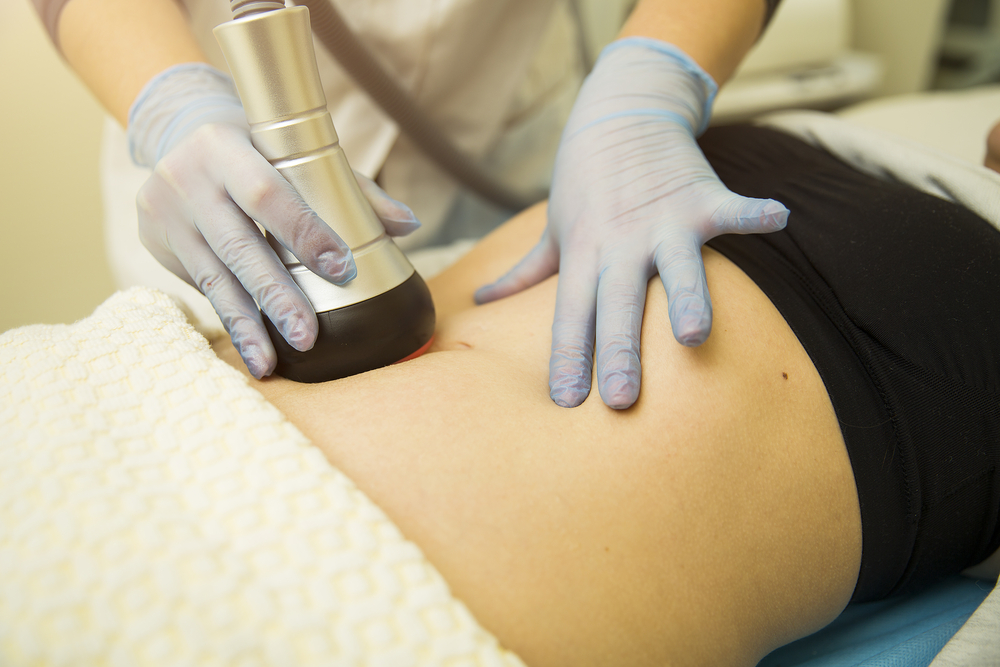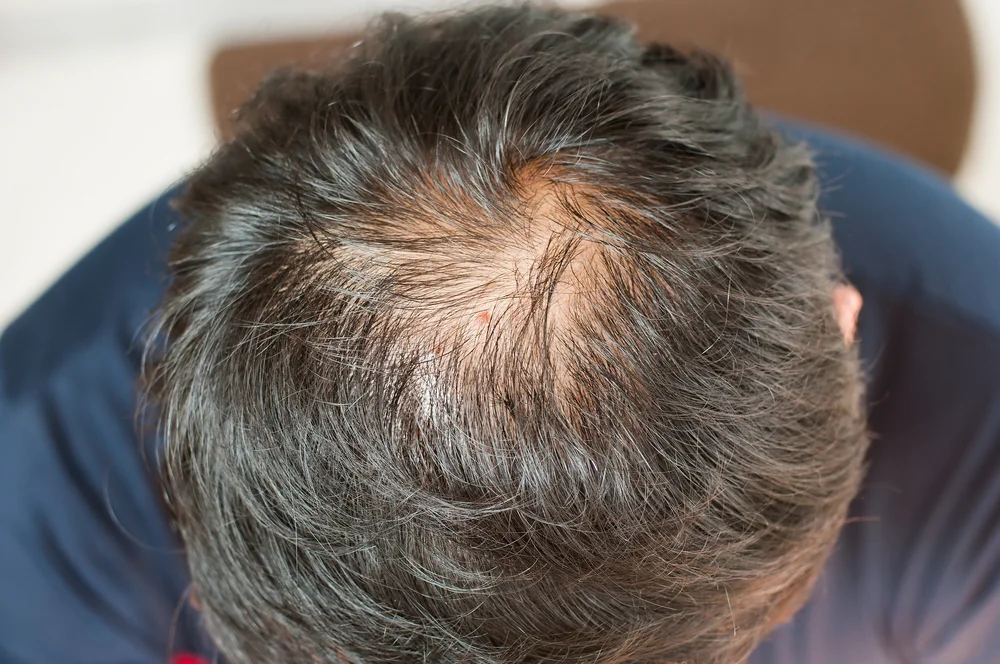Crowdsourcing is used to raise funds for anything you can think of — even boob jobs.
Over the past decade crowdfunding, a.k.a. crowdsourcing, has become the most popular way to raise money for just about any endeavor. Everyone from adults to children to major organizations in various industries now use platforms like GoFundMe, Indiegogo and Kickstarter to launch campaigns for anything you can think of, from tech startups to Girl Scout cookie fundraisers and medical procedures. And — yes — even for boob jobs.
Though many plastic surgery crowdsourcing campaigns provide crucial funding to individuals and charities in need, others finance undertakings that both ethicists and doctors have deemed questionable at best, and unscrupulous or completely outrageous at worst. Crowdsourcing platforms like GetCosmetic.com and MyFreeImplants.com, which are used to raise funds for cosmetic surgery, have raised safety concerns as well as ethical questions.
Over the past few years much has been published on this subject in the plastic surgery community, but even some of the most prominent plastic surgery organizations have failed to highlight the potential downsides of this trend.
Crowdfunding for Noble Causes
Crowdfunding is the act of funding a project or endeavor by raising multiple small monetary donations from many people, usually via the Internet. In a typical scenario, the fundraiser raises a significant portion of the funds from family, friends, colleagues and their respective networks of connections. Once the project picks up steam, others who are unaffiliated with the fundraiser begin to contribute.
Crowdfunding is a powerful way to benefit worthy causes, when used appropriately, explains David Polgar, a renowned technology ethicist, commentator and founder of TechEthicist.com. “As a society, there tends to be a balance we strike in both how and how often we can ask for money,” he says. “For example, attending a fundraiser is a prime example of this delicate balance that a charity or nonprofit must make in soliciting donations without being crass. The same principle applies to crowdfunding — the ‘ask’ should aligned with a worthy cause and not appear overly aggressive in its pursuit.”
In the plastic surgery sphere, there are impressive examples of effective crowdfunding. For example, MobileCause has joined forces with Face Forward, a foundation whose focus is to provide “physical and emotional reconstruction” to women and children who have fallen victim to domestic violence and other “cruel act of crime.”
The MobileCause app allows women to initiate crowdsourcing campaigns from their smartphones to raise funds for ancillary costs of reconstructive surgery. Through their partnership, MobileCause and Face Forward seek to draw awareness to the problem of domestic violence and help survivors live better lives. The surgery itself is provided free of charge by the surgeon that founded the Face Forward Foundation. Any extra funds raised for a particular case are used to assist other victims.
Polgar believes that crowdfunding is appropriate in such cases. “Reconstructive surgery seems a valid example of where a GoFundMe campaign would be ideal,” he says. “The less elective a surgery, the more it serves a worthy mission that givers can get behind. Reconstructive surgery is making a person whole, which is a concept we can generally get behind. The story behind the need for the reconstructive surgery might also be one based more on tragedy or hardship than vanity.”
Medical experts, including plastic surgeons, tend to share this sentiment. “I think that [crowdfunding for reconstructive surgery] is a noble cause,” says Dr. Vartan Mardirossian, a board certified facial plastic surgeon and facial feminization surgeon in Jupiter, FL. “It is often used for a patient who has serious and potentially life-threatening diseases that cannot afford to pay for their cures. I am originally from Bulgaria, which happens to be one of the poorest countries in the EU: every day you can see appeals for help for children with malignancies or malformations that need funds to pay for their care, otherwise, they may die… It almost feels that there is nothing more worth giving money for, giving is saving lives.”
Mardirossian also points out that having a reconstructive procedure can significantly increase the patient’s self-confidence and comfort. “There are some categories like the transgender patients where the suicide rate is really elevated when compared with the rest of the population,” he says. “A procedure or a set of procedures performed in that patient population can increase self-confidence and potentially save lives! In that sense, the purpose of crowdfunding is more than justified.”
Is Crowdsourcing for Plastic Surgery Ethical?
Crowdsourcing can be a boon for those wondering how to get plastic surgery paid for. Finding a platform from which to raise funds for surgery can be accomplished by simply typing a query (e.g., “go fund me plastic surgery”) into the search box of a major search engine.
Platforms such as GetCosmetic.com and MyFreeImplants.com (MFI) allow potential patients to raise funds from people they have never met for cosmetic surgery. These platforms allow people to communicate with others online in order to raise money for the purpose of achieving their cosmetic surgery objective. Contributors make donations in exchange for photos, messages, and videos from the person raising the funds, and the money is deposited in an escrow account. When the full amount has been raised, the fundraiser selects a surgeon from website’s list of participating surgeons.
Some plastic surgeons have no problem with this. “I don’t have an issue with people using crowdfunding to fund cosmetic surgery in general,” says Dr. Joshua Zuckerman, MD, FACS, a board-certified plastic surgeon practicing in New York City. “Plastic surgery should not be reserved for the wealthy.”
Mardirossian agrees. “Cosmetic surgery improves the looks and builds confidence outside-in but also inside-out. There is ‘nothing wrong’ with crowdfunding if the procedure is going to make a person with reasonable expectations feel and look better,” he says.
But many plastic surgeons, not to mention ethicists, take issue with sites like GetCosmetic.com and MyFreeImplants.com. The emergence of crowdsourcing for plastic surgery has raised a host of moral and ethical concerns. Crowdsourcing aficionados and ethicists stipulate that this type of fundraising needs to adhere to a code of sorts — namely, they say, it should contribute to some form of social good. And free breast implants may not fit the bill.
“When it comes to cosmetic surgery, crowdfunding is becoming more popular and more and more sketchy,” says Dr. Gregory A. Buford, MD, FACS, a board-certified plastic surgeon and author of the book, Beauty and the Business / EAT DRINK HEAL: The Art and Science of Surgical Nutrition. “Many of the ads that I have seen asking for money are doing so for one specific procedure — breast augmentation. And almost all of these ads toe (or even step over) an ethical line when it comes to what’s in it for the person paying for the surgery. In exchange for breast augmentation, a majority of potential patients are offering access to post-operative photos and even more.”
Buford is equally skeptical of the motivations of some patients. “In my opinion, there is nothing ethical about soliciting someone else to pay for your breast augmentation when you have never even met them,” he says. “My personal opinion is that crowdfunding should not be used to support cosmetic procedures. It doesn’t take a rocket scientist to figure out that many of these people looking to have others support their cosmetic procedures are doing so by offering less than ethical ‘payback’ for this support.”
Others take issue with the way sites like MyFreeImplants.com interfere with the doctor-patient dynamic. “As a rule I discourage alternative funding for elective cosmetic surgery, be it financing or crowd sourcing,” says Dr. Edward Farrior, a Tampa, FL, based facial plastic surgeon and past president of the American Academy of Facial Plastic and Reconstructive Surgery (AAFPRS). “A good physician patient relationship is imperative to a satisfactory outcome and having a third party involved can compromise or confuse the relationship… it displaces the patient’s responsibility and ownership of the process to a third party. Patients have to be fully engaged and responsible for their side of the care. When the financial responsibility is removed so too can the commitment to following post-operative instructions and care orders.”
Buford concurs, at least in part. “Crowdfunding campaigns for plastic surgery have the potential for placing friends and family in an awkward position and effectively pressuring them to donate,” he says. “But I would also say that everyone has the right to decide where they place their hard-earned dollars and to make the decision to either support or not support this type of activity.”
It doesn’t take a rocket scientist to figure out that many of these people looking to have others support their cosmetic procedures are doing so by offering less than ethical ‘payback’ for this support.
Dr. Gregory A. Buford
Unsuitable Candidates
Another potential issue, according to Zuckerman, is the fees charged by the crowdfunding site, which are unregulated.
Plastic surgeons also run into people who have crowdsourced funds to have surgeries for which they are unsuitable candidates. “The problem for cosmetic surgery is that not all patients are a candidate for surgery as determined by their surgeon, and crowdfunding may be a way for someone to acquire the funds necessary to proceed with surgery somewhere anyway. This could result in a bad outcome for the patient,” says Dr. Andrew Miller, a board certified plastic and reconstructive surgeon who has practices in both New Jersey and New York City.
Zuckerman agrees, citing the case of rhinoplasty among younger patients. “I personally do not perform rhinoplasty below the age of 16, because the facial bones need to have finished growing,” he says. “Consequently, if a young person manages to cobble together the amount required via crowdfunding or other means, I still will not be able to perform the surgery for them.”
He also feels that the launching a crowdfunding campaign can create undue social pressure. “Crowdfunding does increase the exposure to others of the patient’s treatment, and can lead to social pressures or criticisms (e.g. your uncle asking you publicly on Facebook why you are undergoing a rhinoplasty),” he explains.
For Polgar, the ethicist, this points to what he views as the overarching problem with crowdfunding for cosmetic surgery: that it isn’t something that benefits the “crowd” as a whole.
“If the cosmetic surgery is purely out of the betterment of a person’s appearance, it can easily appear as crass for a crowdfunding campaign,” he says. “Cosmetic surgery is a personal choice that wouldn’t normally prompt the collective goodwill of the crowd.”










